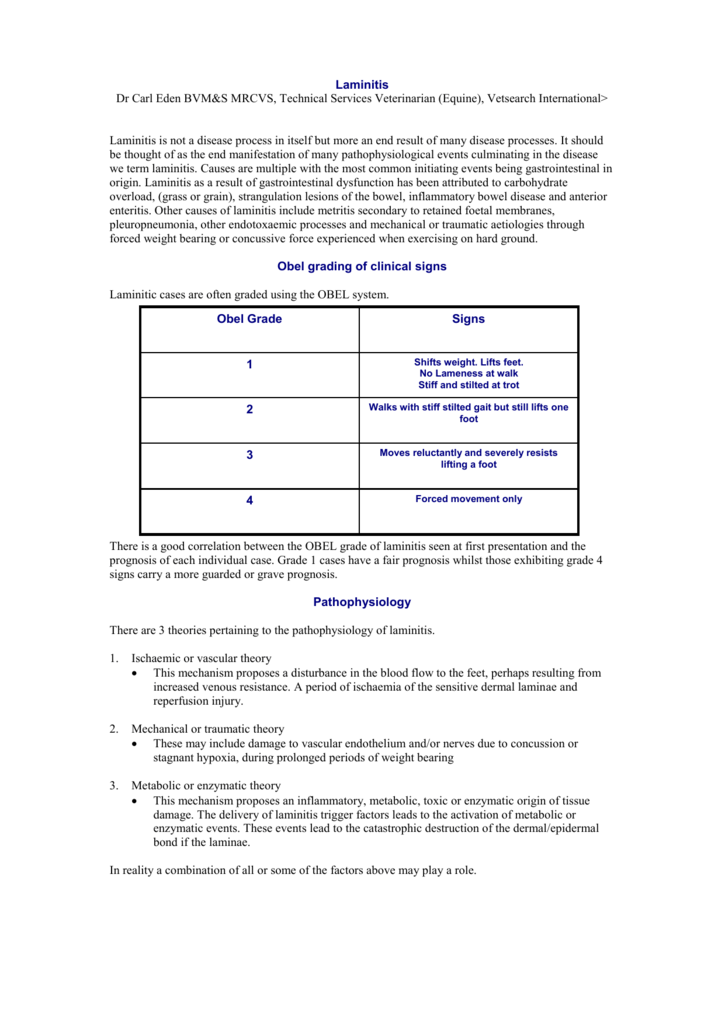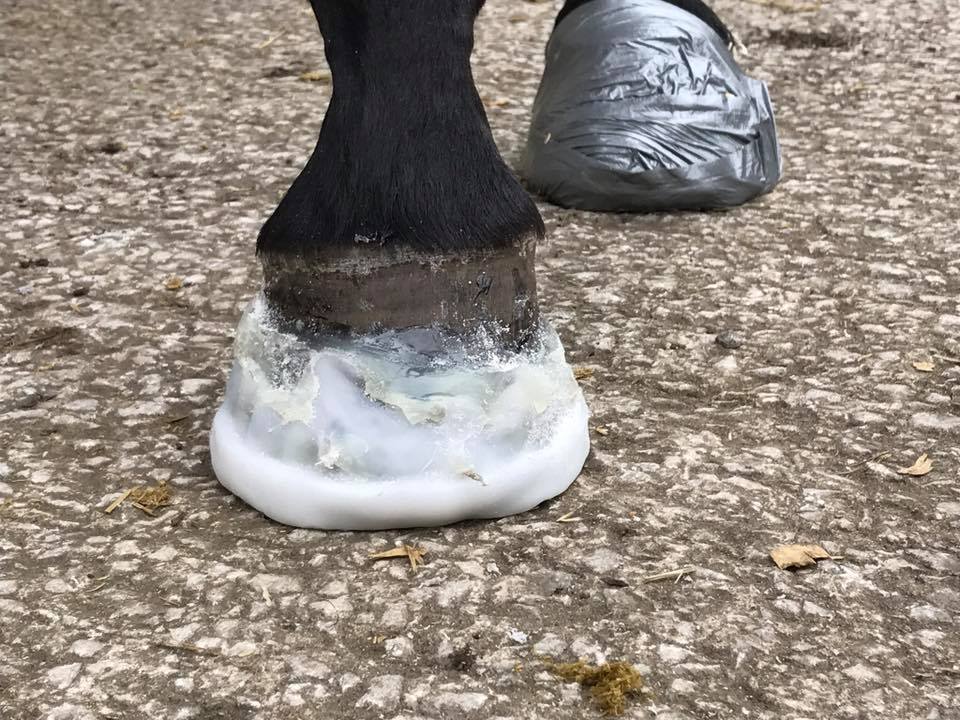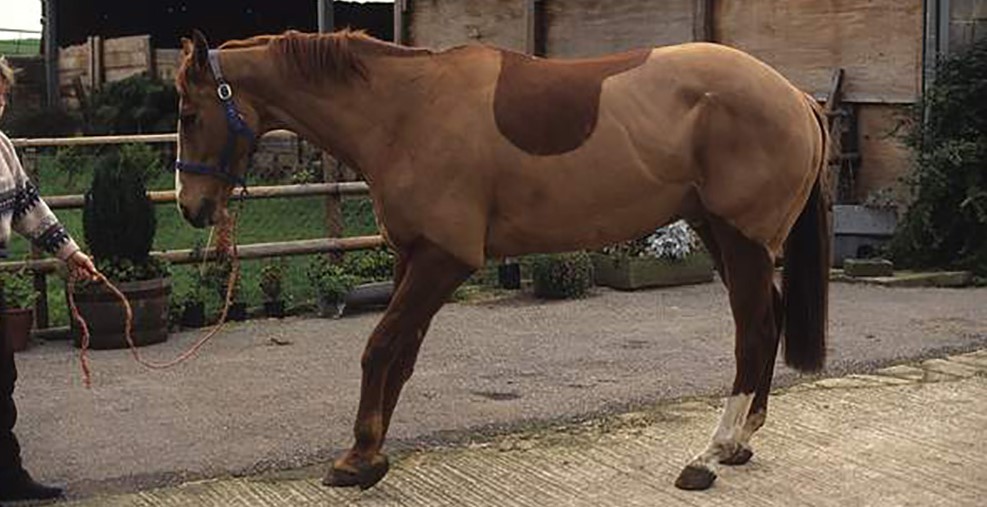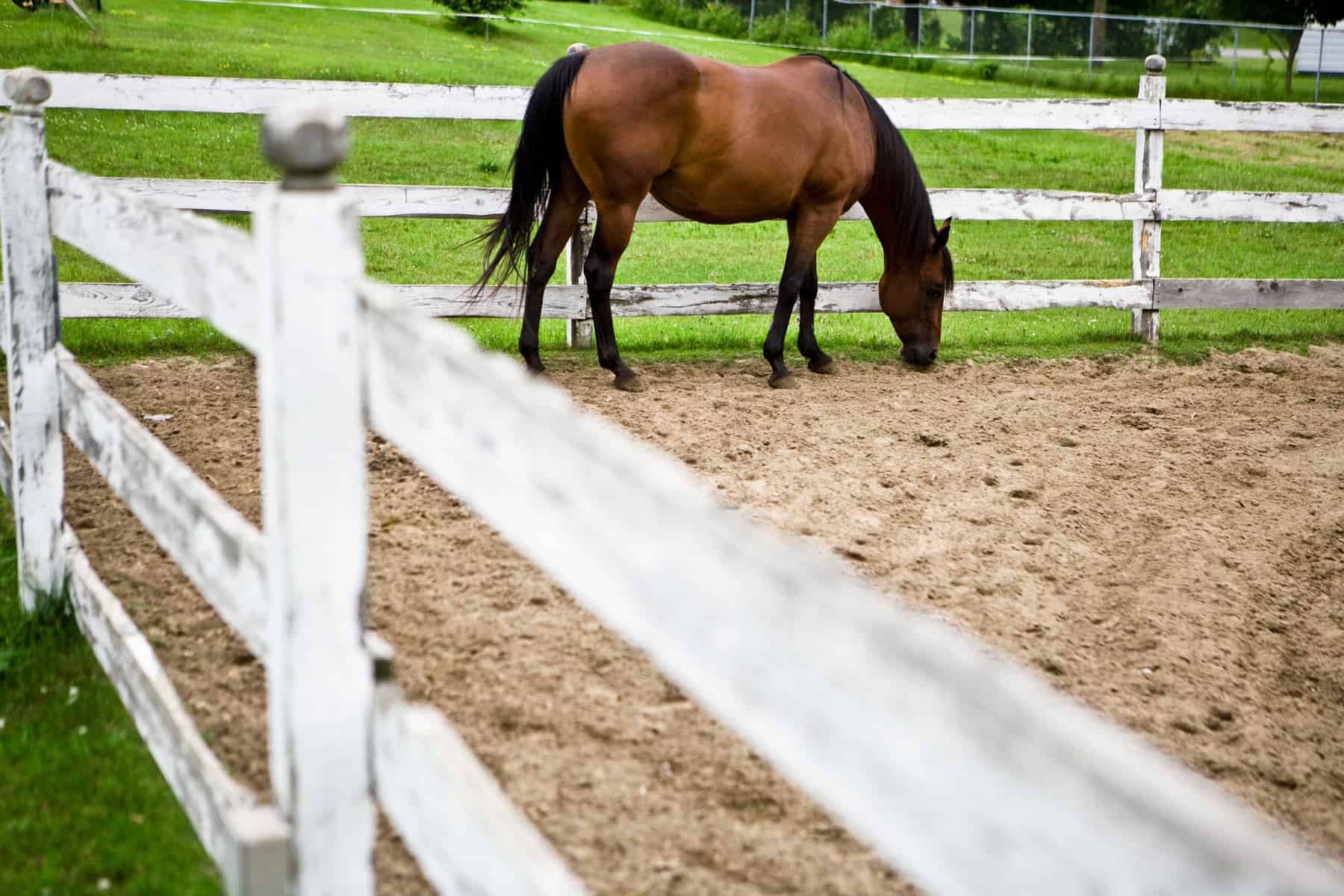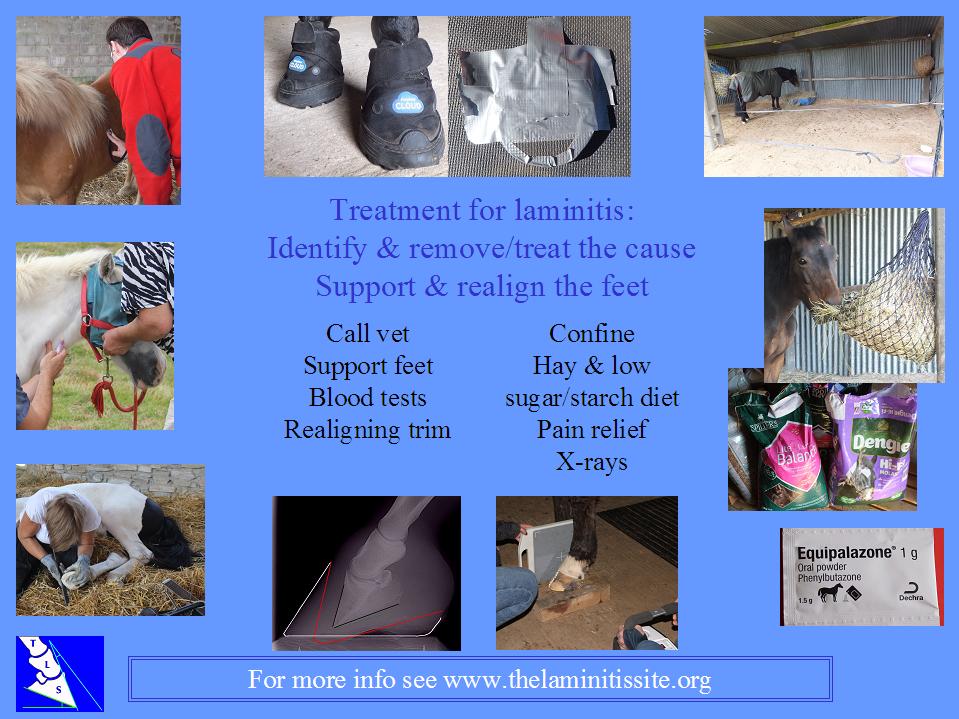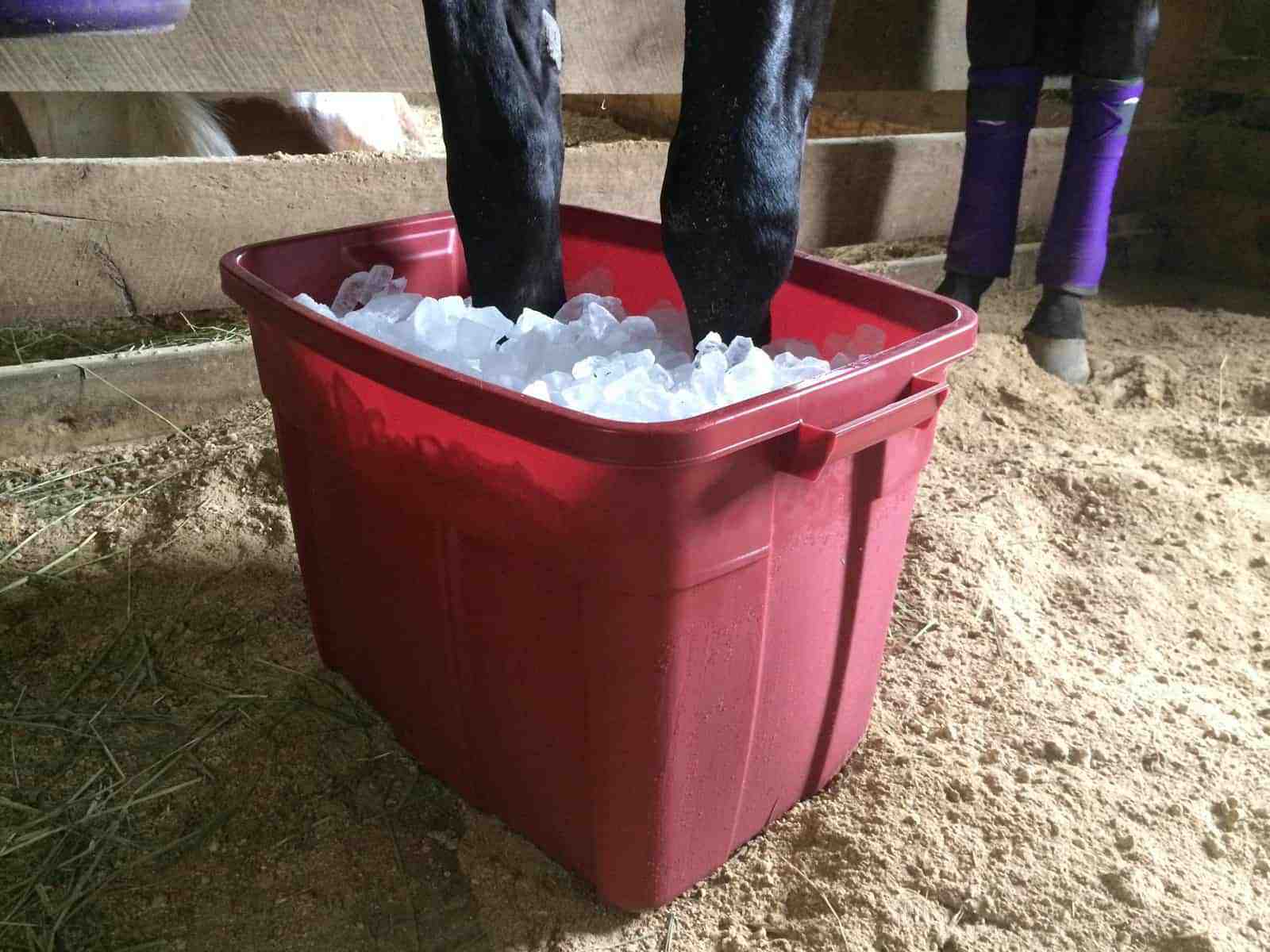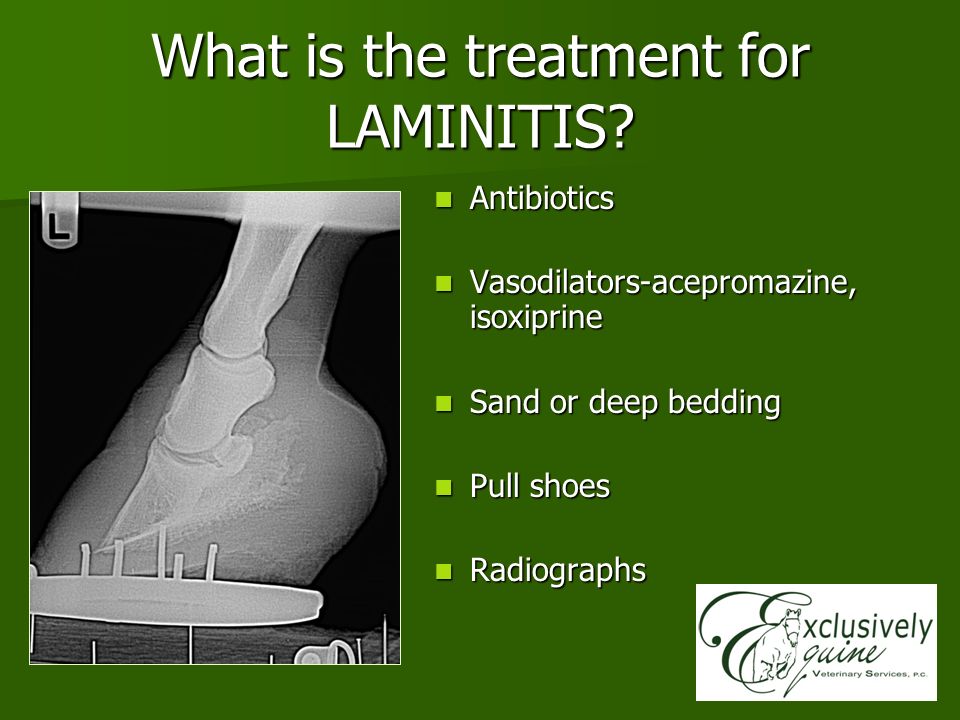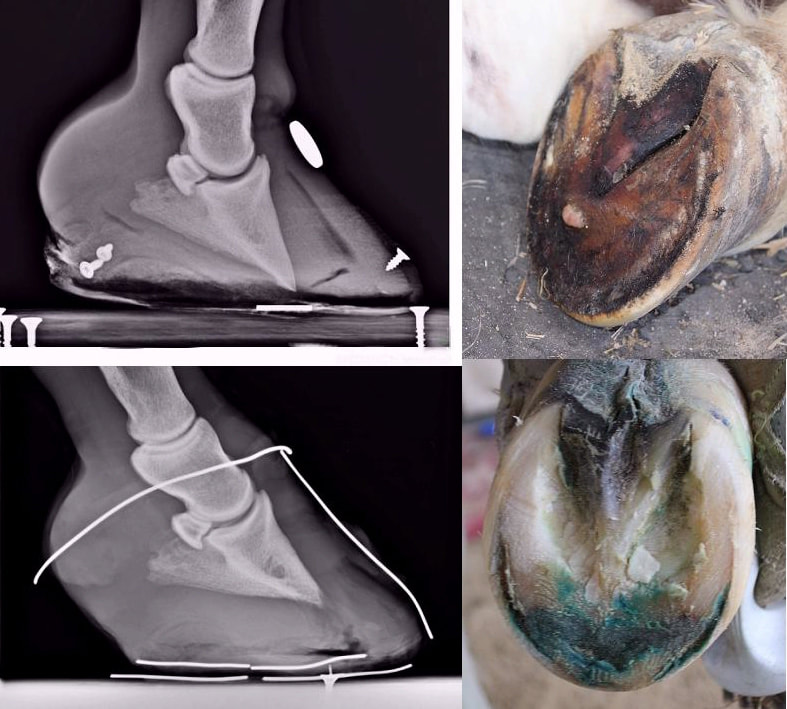The clinical signs most commonly associated with chronic laminitis long hair that does not shed out in the summer weight problems over or underweight and other signs that many people and vets call cushing s disease.
Chronic laminitis prognosis.
The diagnosis of chronic laminitis is seldom a challenge because the gait and appearance of the foot are characteristic of the disease and radiographs usually remove all doubt.
Horses with distal descent sinking often have a hoof ring the same distance from the coronet the whole way around the hoof.
Occasionally nerve blocks are necessary to localize.
Chronic laminitis is defined as radiographic confirmation of displacement of the coffin bone.
Your laminitis survivor s true prognosis depends on how you manage him after the worst is over one of the hardest things to accept after a horse survives a nasty bout of laminitis is that the.
Horses with distal descent sinking often have a hoof ring the same distance from the coronet the whole way around the hoof.
In my opinion these horses have altered glucose metabolism similar to that of human diabetics and not cushing s disease.
The results in my practice are so far showing that laminitis is a disease with a good to excellent prognosis with 96 of horses returning to workat their current level or higher with a management program that is based around correcting the blood flow issues that occur within the laminitic foot.
The diagnosis of chronic laminitis is seldom a challenge because the gait and appearance of the foot are characteristic of the disease and radiographs usually remove all doubt.
Rings on the hoof wall from coronet to ground are an indicator of ongoing chronic endocrinopathic laminitis.
Occasionally nerve blocks are necessary to localize.
This is important in chronic laminitis simply because the disease rarely directly results in the patient s death that is without a prognosis.
Displacement is further defined as rotation medial or lateral sinking horizontal plane laminitis and vertical sinking.
It takes a minimum of 3 months for new divergent hoof rings to be seen following laminitis 1.
The type of displacement depends on the location and or severity of lamellar failure.
It takes a minimum of 3 months for new divergent hoof rings to be seen following laminitis 1.
